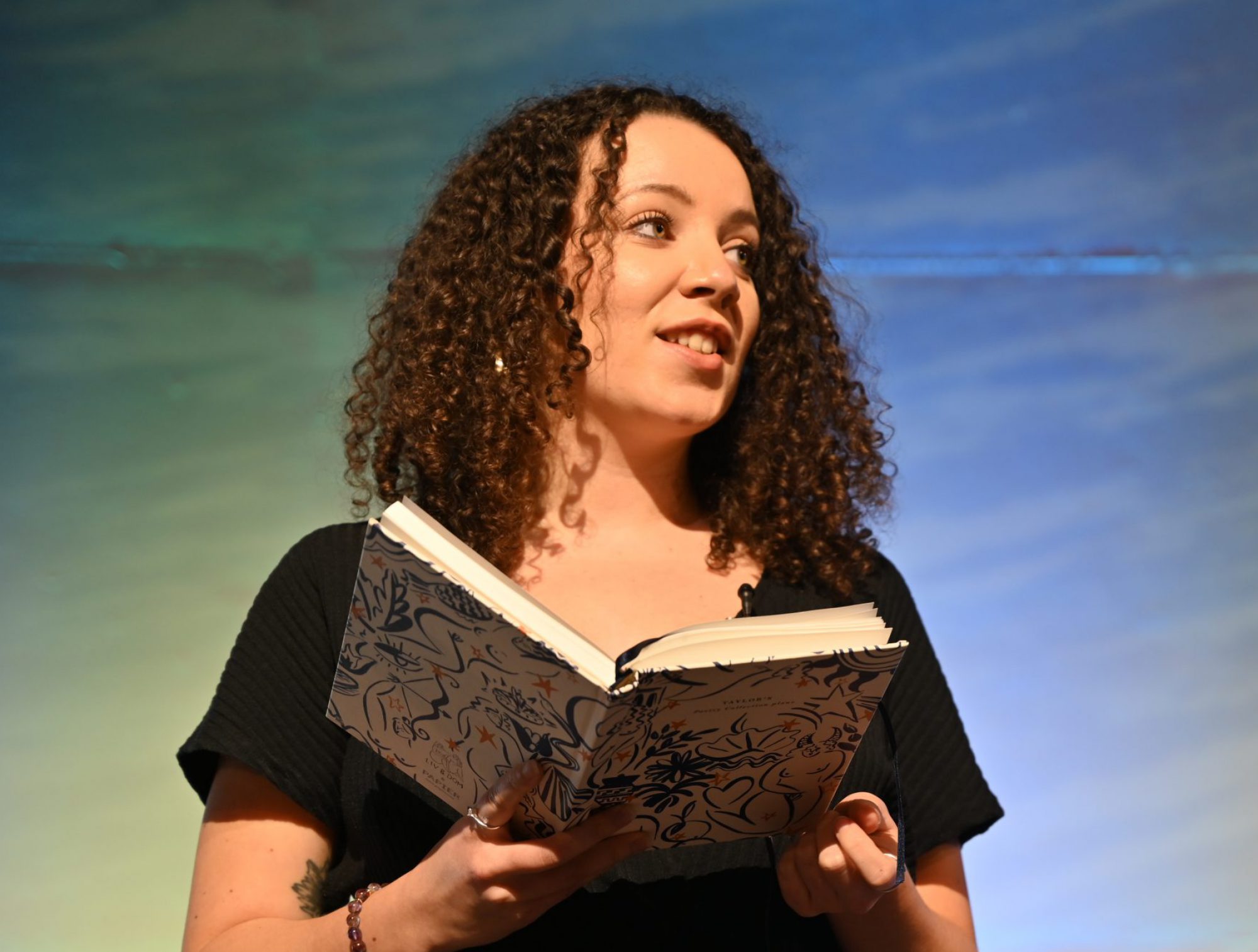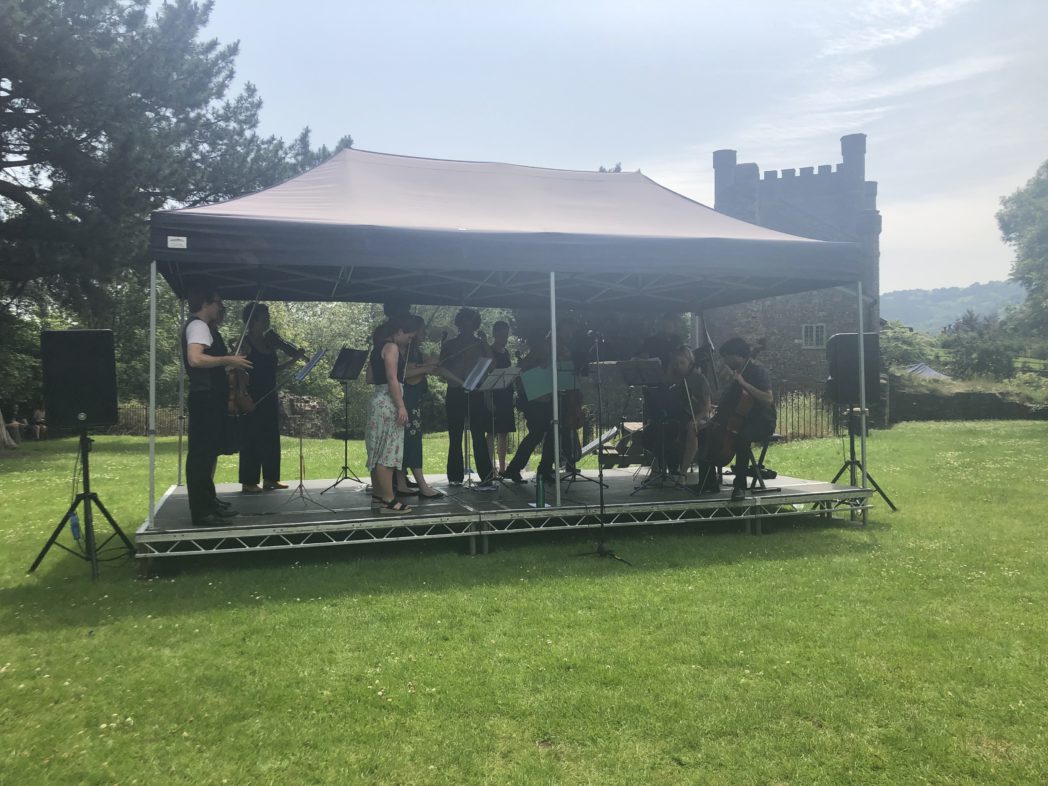It isn’t often that an all Femmes of Colour cast takes the stage in Wales; and so when Hive City Legacy burst onto the floor with riotous onslaught of spoken word, dance and aerial acrobatics, it feels powerful, poignant and refreshing. It’s a fast-paced show that explores how the collective experiences of the cast intersect through stories of race, mental health, identity and sexuality, with empowerment and liberation at the core.
A production by Roundhouse in collaboration with Australian collective Hot Brown Honey’s Lisa Fa’alafi, Busty Beatz and Yami Lofvenberg, the show feels like a rebellion; it is fighting back with a sting of unapologetic boldness and daring with a powerful message of self-love. It has at its heart an empowering message for any femme of colour living life in a country that wants to oppress and silence. Inevitably, Hive City Legacy is an emotional journey packed with personal experiences of the performers. One moment the audience is thrown into an emotive dance sequence exploring the manifestation of the weight of prejudice, and the next into a satire of an office Christmas party scene exposing microaggressions and white privilege. In a particularly hard-hitting scene, a performer is crouched and quivering whilst a montage of voices fill the room with words of homophobic and racist abuse. These shifts in tone should be jarring, but they snap from one to the other effortlessly with brilliant direction from Lisa Fa’alafi. From spoken word to acrobatics to twerking to body-popping, it is the perfect organised chaos.
The stage is headed by the image of a bee with the message ‘pollinate, activate, liberate’; the empowering call to action that is the clear message of the performance. Stacks of boxes are used as a storytelling mechanism to detail the everyday experiences of the cast. We follow stories from navigating theatre spaces when black, through battling with mental health, to embracing natural hair. A performer declares: ‘I am not your piece of meat’ in response to the predatory gaze of a white man sat opposite her on a train, while another tells of physical self-acceptance through breakdancing and rapping. The performers take the tropes and stereotypes of femmes of colour and don’t just turn them upside down, but also chew them up and spit them back out too. Each cast member enriches the show with their unique talent and experiences, and it is clear how much they are personally invested in the performance. They come together as a collective with infectious energy and find strength in numbers, picking each other up and amplifying the voices of one another.
Hive City Legacy shows that brilliant things happen when those that are marginalised in both the arts and society are given the spotlight. By the end of the show you’ll be right there with the performers, dancing and revelling in the anarchy.



